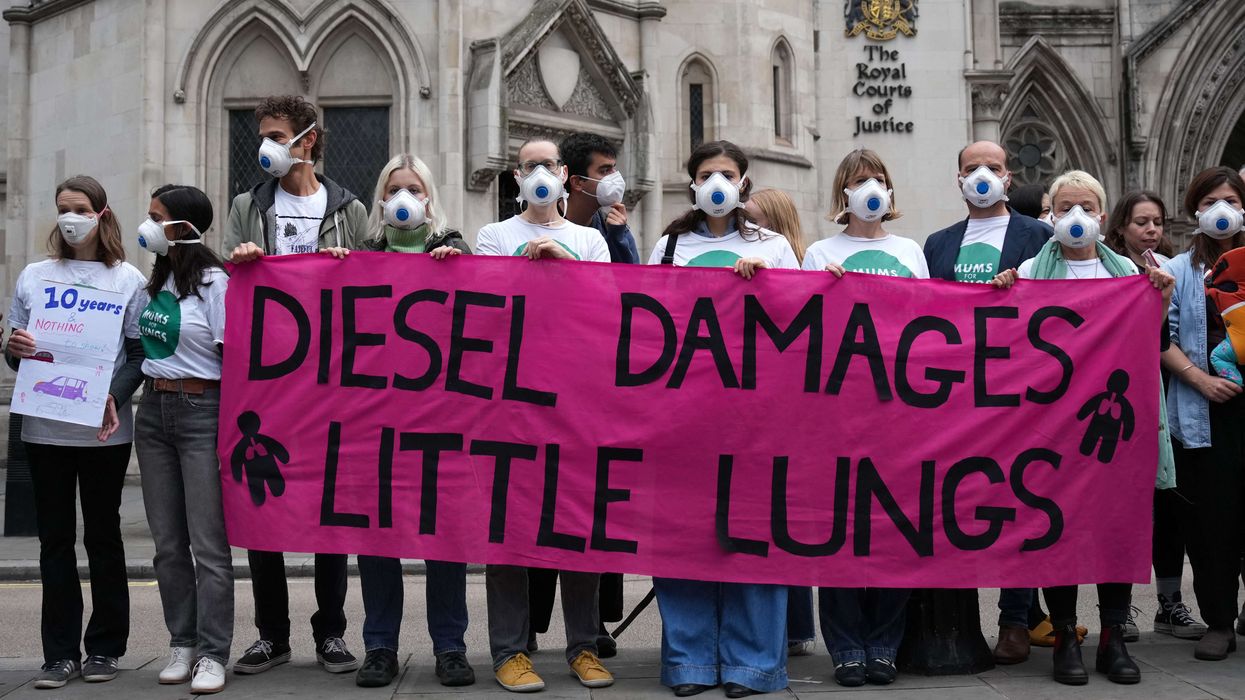A MAJOR trial involving five global carmakers opened at London’s High Court on Monday, nearly ten years after the Volkswagen emissions scandal exposed the use of software designed to cheat pollution tests.
The court will determine in a three-month hearing whether systems installed in diesel vehicles made by Mercedes-Benz, Ford, Peugeot-Citroen, Renault and Nissan were designed to cheat clean air laws. The five manufacturers are accused of using illegal “defeat devices” that made cars appear less polluting during testing than they were on the road.
The case, one of the largest mass lawsuits in English legal history, involves 1.6 million motorists suing 14 carmakers, including Jaguar Land Rover, Toyota, Vauxhall-Opel and BMW. The current trial focuses on five lead defendants and is expected to set a precedent for other manufacturers, potentially paving the way for billions of pounds in compensation.
Martyn Day, lawyer at Leigh Day representing the claimants, said the case impacts “nearly all the manufacturers in this country.” He told AFP, “It is a huge case for the British public,” adding that it could lead to “serious amounts of compensation.”
Lawyers for the claimants say the devices detected when vehicles were being tested and ensured emissions were kept within legal limits, but did not do so in normal driving conditions. The five manufacturers deny the allegations and say their systems were legally and technically justified.
Mercedes and Ford have rejected the claims as having “no merit,” while Nissan declined to comment. French carmakers Renault and Stellantis, which owns Peugeot and Citroen, said their vehicles complied with regulations in place at the time.
The High Court’s decision will be binding on hundreds of thousands of similar claims against other manufacturers, including Vauxhall/Opel and BMW. Any damages the court might rule should be paid will be decided at a further trial next year.
Adam Kamenetzky, one of the claimants, said he felt “defrauded” after buying a Mercedes SUV in 2018 believing it was less polluting than other models. “We live in a built-up neighbourhood in London where there are children with lungs that can be harmed immeasurably by the emissions that these cars are producing,” he told AFP.
The dieselgate scandal first broke in 2015 when Volkswagen admitted fitting millions of vehicles with software to make engines appear less polluting in tests. The case triggered investigations and lawsuits against several major carmakers worldwide.
In 2020, the High Court found Volkswagen had used defeat devices to cheat emissions tests. The company settled the case in 2022, paying £193 million ($259 million) to 91,000 British motorists without admitting liability. Globally, Volkswagen has paid more than 32 billion euros ($37 billion) in fines, vehicle refits, and legal costs.
The latest group of claims in the UK, covering 14 manufacturers, is far larger than the VW case. Claimants’ lawyers have previously estimated the litigation’s total value at around £6 billion.
Courts and regulators around the world have since pursued investigations into diesel emissions. In July, a Dutch court ruled that diesel cars sold by Stellantis brands Opel, Peugeot-Citroen and DS contained defeat devices, a decision Stellantis said was wrong. Automakers have also faced fines and settlements in the United States and elsewhere.
Day said, “The vehicles looked less polluting during the testing, but as soon as you were outside the testing regime, those emission levels went massively up.”
The current UK trial will decide whether the carmakers are liable before any compensation phase begins next year.
(With inputs from agencies)





